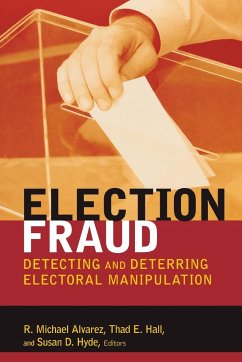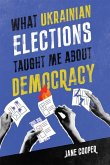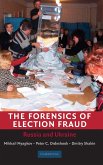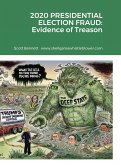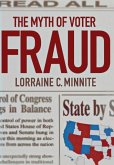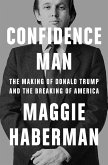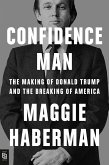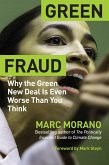" Allegations of fraud have marred recent elections around the world, from Russia and Italy to Mexico and the United States. Such charges raise fundamental questions about the quality of democracy in each country. Yet election fraud and, more broadly, electoral manipulation remain remarkably understudied concepts. There is no consensus on what constitutes election fraud, let alone how to detect and deter it. E lection Fraud: Detecting and Deterring Electoral Manipulation brings together experts on election law, election administration, and U.S. and comparative politics to address these critical issues. The first part of the book, which opens with an essay by Craig Donsanto of the U.S. Department of Justice, examines the U.S. understanding of election fraud in comparative perspective. In the second part of the book, D. Roderick Kiewiet, Jonathan N. Katz, and other scholars of U.S. elections draw on a wide variety of sources, including survey data, incident reports, and state-collected fraud allegations, to measure the extent and nature of election fraud in the United States. Finally, the third part of the book analyzes techniques for detecting and potentially deterring fraud. These strategies include both statistical analysis, as Walter R. Mebane, Jr. and Peter Ordeshook explain, and the now widespread practice of election monitoring, which Alberto Simpser examines in an intriguing essay. "
Hinweis: Dieser Artikel kann nur an eine deutsche Lieferadresse ausgeliefert werden.
Hinweis: Dieser Artikel kann nur an eine deutsche Lieferadresse ausgeliefert werden.

